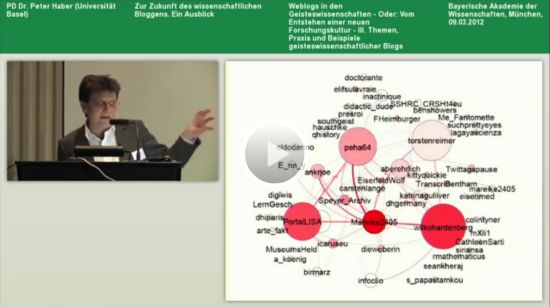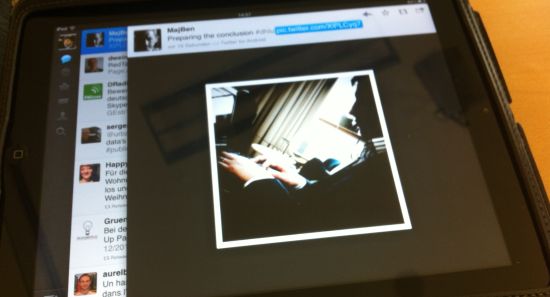
Today, Peter Haber, Jan Hodel, and Mills Kelly (along with the indispensable help of Dan Ludington) are pleased to announce the launch of Global Perspectives on Digital History, the latest of the PressForward publications from the Roy Rosenzweig Center for History and New Media.
Like Digital Humanities Now, Global Perspectives on Digital History aggregates and selects material from our Compendium of Global Perspectives, drawing from hundreds of venues where high-quality scholarship is likely to appear, including the personal websites of scholars, institutional sites, blogs, and other feeds. It also seeks to discover new material by monitoring Twitter (someone else is going to have to do that for me given my aversion to the whole Twitterverse) and other social media for stories discussed by the community, and by continuously scanning the broader web through generalized and specialized search engines.
Unlike Digital Humanities Now, Global Perspectives on Digital History is focused more on history, rather than on digital humanities in general. This is not to say we won’t be bringing in content from other digital humanities disciplines that seems relevant to our readers’ interests in digital history. But, as much as possible, we will remain more tightly focused on a single discipline. The other big difference in approach with the first of the PressForward publications is that Global Perspectives on Digital History is a multi-lingual publication. Our initial languages are English, German, and French, but we expect to expand soon into other languages. The only thing holding us back at present is a lack of editors to help with the scanning of content in those other languages.
At present we are using the GoogleTranslate plug in for translation. If you have any experience with this plug in you know it is wholly insufficient for what we are about. Over the coming year, we will be exploring other options for machine translation of our content and hope to learn some things worth knowing through that exploration.
Like Digital Humanities Now, we will also be moving toward some traditional publication of content that appears on our site. Whether we use the model currently in use at Digital Humanities Now or something else, still remains to be seen. We are going to watch the development of the open peer review process carefully before deciding on our approach.
At present, we are splitting our coverage of digital history from around the globe between longer “think pieces” that we are tagging as “editor’s choice” content, and briefer entries we are tagging as “short takes.” We suspect we will expand into reviews and other content from around the globe that examines digital history sometime in the near future.
For now, please visit the site and be sure to let us know what you think.
Cross posted from edwired.org and PressForward.







